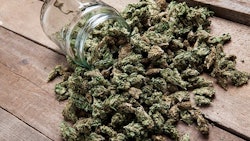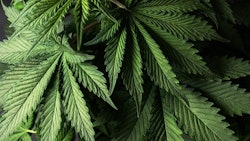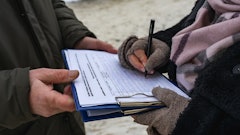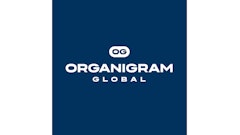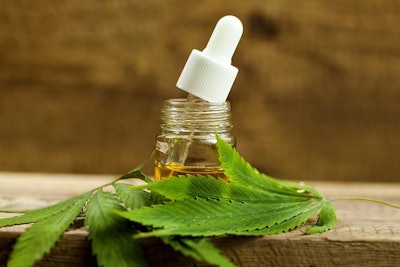
The U.S. Food and Drug Administration (FDA) issued warning letters to 15 companies Nov. 25 for illegally selling CBD products in ways that violate the Federal Food, Drug, and Cosmetic (FD&C) Act, according to a press release.
The agency also published a revised Consumer Update that outlines its broader safety concerns about CBD products, including potential liver injury, interactions with other drugs and more.
The companies that were issued warning letters have been marketing CBD products on webpages, in online stores and on social media to treat diseases, for therapeutic uses, as dietary supplements, and in human and animal foods, according to the release.
These companies include:
- Koi CBD LLC, of Norwalk, Calif.
- Pink Collections Inc., of Beverly Hills, Calif.
- Noli Oil, of Southlake, Texas
- Natural Native LLC, of Norman, Okla.
- Whole Leaf Organics LLC, of Sherman Oaks, Calif.
- Infinite Product Company LLLP, doing business as Infinite CBD, of Lakewood, Colo.
- Apex Hemp Oil LLC, of Redmond, Ore.
- Bella Rose Labs, of Brooklyn, N.Y.
- Sunflora Inc., of Tampa, Fla./Your CBD Store, of Bradenton, Fla.
- Healthy Hemp Strategies LLC, doing business as Curapure, of Concord, Calif.
- Private I Salon LLC, of Charlotte, N.C.
- Organix Industries Inc., doing business as Plant Organix, of San Bernardino, Calif.
- Red Pill Medical Inc., of Phoenix, Ariz.
- Sabai Ventures Ltd., of Los Angeles, Calif.
- Daddy Burt LLC, doing business as Daddy Burt Hemp Co., of Lexington, Ky.
The FDA has requested that the companies respond, indicating how they plan to correct the violations, within 15 working days. Companies that fail to correct the violations may face legal action, including product seizure or injunction, according to the release.
This is not the first time that companies have been issued warning letters for illegally marketing CBD products. Curaleaf, for example, received a warning letter this summer for selling unapproved products with unsubstantiated health claims that the products treat cancer and Parkinson’s disease, among other health conditions. Curaleaf responded by removing the health claims from its website and social media accounts.
In its announcement, the FDA indicated “that it cannot conclude that CBD is generally recognized as safe (GRAS) among qualified experts for its use in human or animal food.”
The FDA continues to explore ways for CBD products to be legally marketed, according to the release, and it plans to provide an update on its progress “in the coming weeks.”
“As we work quickly to further clarify our regulatory approach for products containing cannabis and cannabis-derived compounds like CBD, we’ll continue to monitor the marketplace and take action as needed against companies that violate the law in ways that raise a variety of public health concerns,” said FDA Principal Deputy Commissioner Amy Abernethy, M.D., Ph.D., in a public statement. “In line with our mission to protect the public, foster innovation, and promote consumer confidence, this overarching approach regarding CBD is the same as the FDA would take for any other substance that we regulate. We remain concerned that some people wrongly think that the myriad of CBD products on the market, many of which are illegal, have been evaluated by the FDA and determined to be safe, or that trying CBD ‘can’t hurt.’ Aside from one prescription drug approved to treat two pediatric epilepsy disorders, these products have not been approved by the FDA and we want to be clear that a number of questions remain regarding CBD’s safety—including reports of products containing contaminants, such as pesticides and heavy metals—and there are real risks that need to be considered. We recognize the significant public interest in CBD and we must work together with stakeholders and industry to fill in the knowledge gaps about the science, safety and quality of many of these products."









